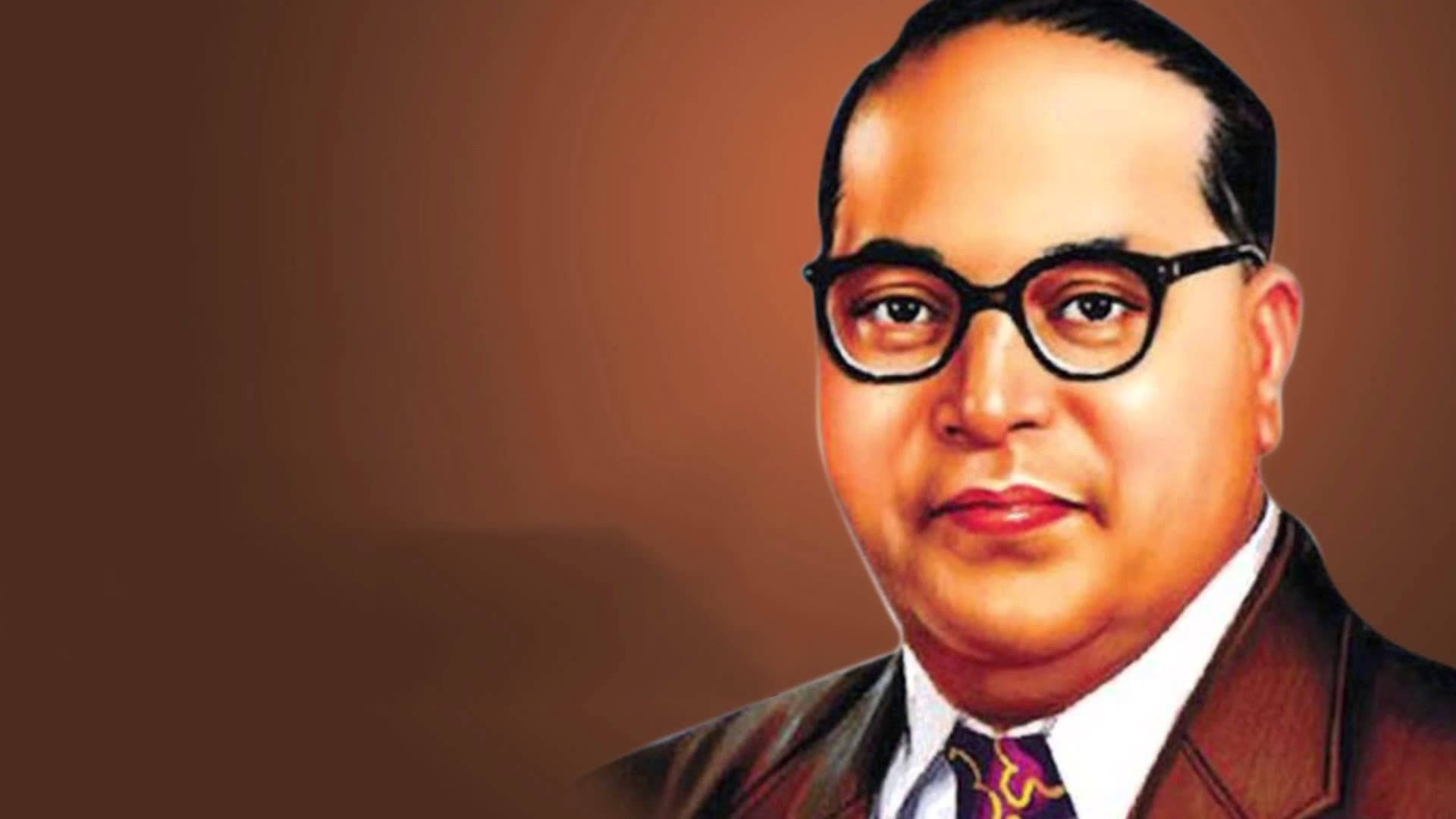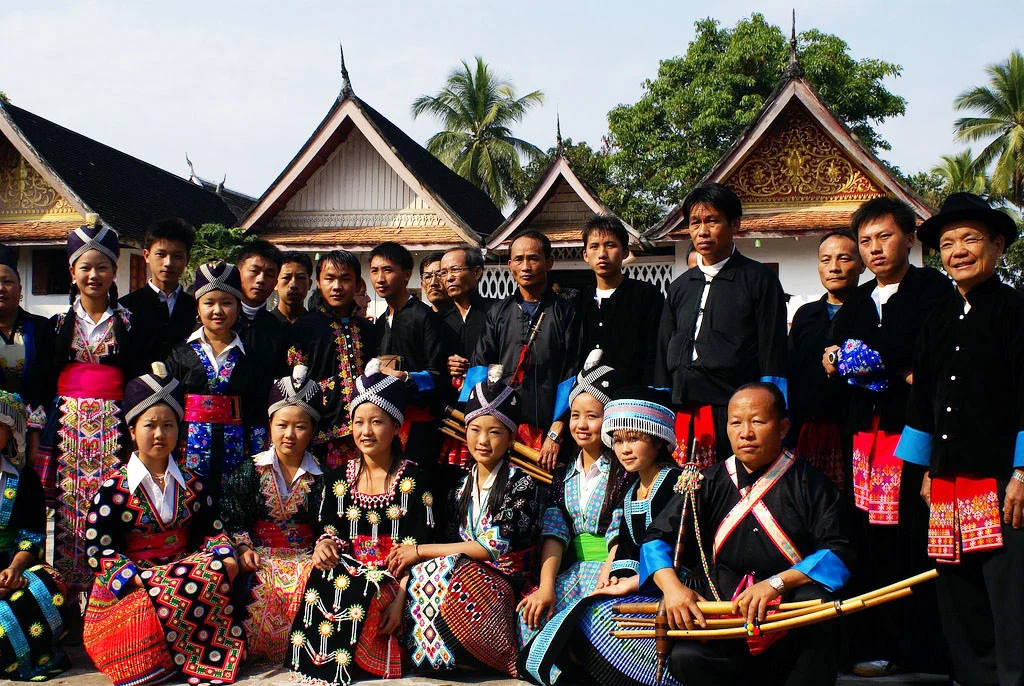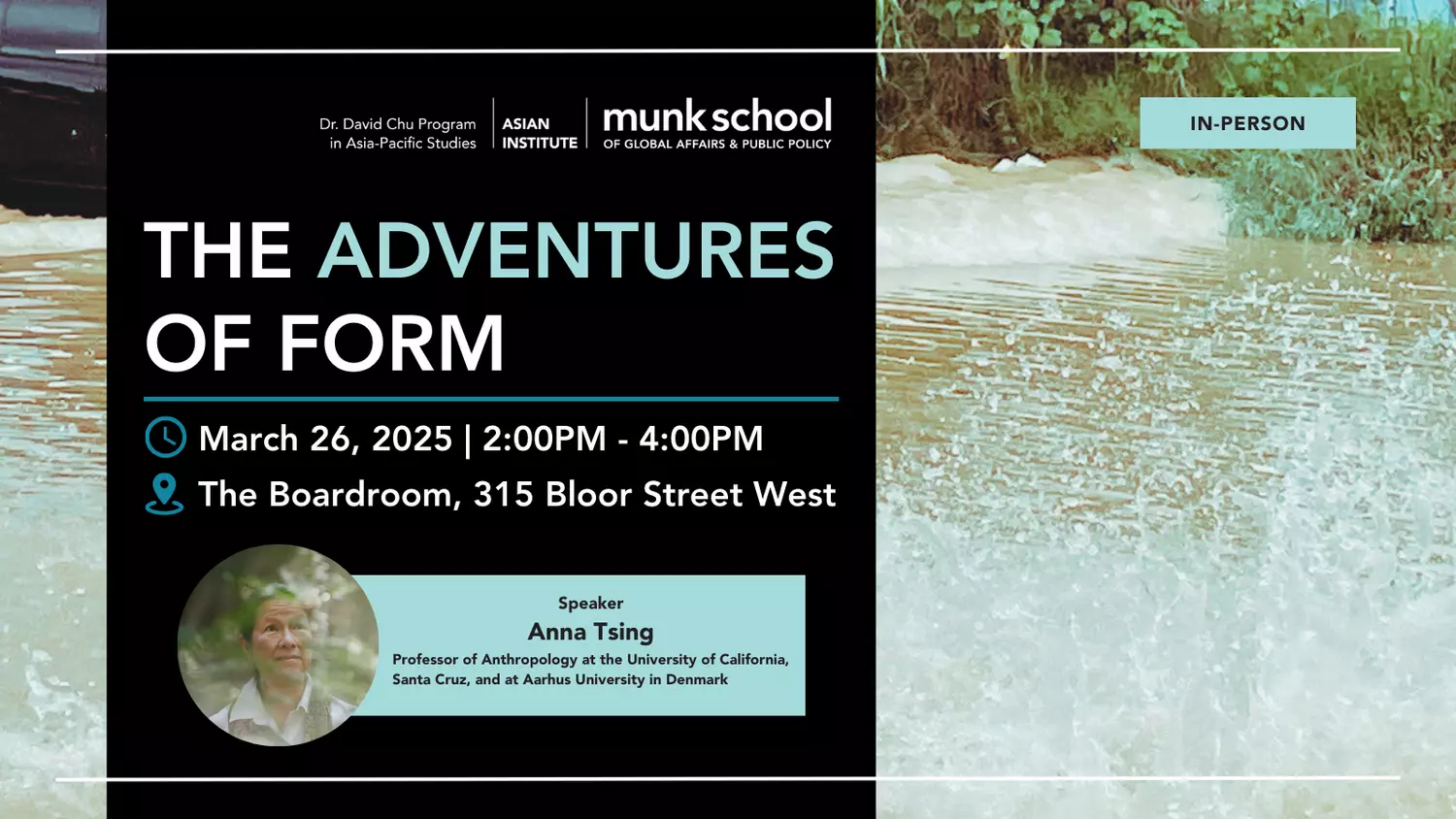“Ambedkar, Buddha, and Marx… Again,” a public event hosted at the Munk School of Global Affairs and Public Policy on February 8th, 2019, discussed the overlaps between the philosophies of three important historical figures – B. R. Ambedkar, Buddha, Karl Marx. This event was sponsored by the Centre for South Asian Studies, and co-sponsored by University of Toronto and McMaster University’s Numata Buddhist Studies Program. The speaker, Professor Anupama Rao, is TOW Associate Professor of History at Barnard College and also Associate Professor at the Department of History and Middle Eastern, South Asian, and African Studies (MESAAS) at Columbia University. Professor Rao has written widely on issues of caste, humanitarianism, and the geographies of injustice.
Although not working exclusively in the field of religious studies or Buddhism, Professor Rao noted that ideas of Buddhism and Islam enable her to consider and engage with the genealogy of untouchability. Taking the political thought of B.R. Ambedkar as central to this discussion and to her current project “Dalit Bombay,” Professor Rao aims to construct a new understanding of Ambedkar’s Buddhist conversion, a question that preoccupied Ambedkar’s scholarship.
Recognizing the importance of Ambedkar’s political thought in the contemporary world, Professor Rao engaged in a discussion about the most prominent event of Ambedkar’s life – his conversion to Buddhism on October 14, 1956, months before his death in the same year. Ambedkar, being a Dalit or an “untouchable” (the marginalized caste of the Hindu community in India), spent his life fighting for a secular political response to caste violence. To many, his conversion to Buddhism seemed to accomplish exactly the opposite of his goals. His conversion signified his exit from Hinduism, and therefore his defeat in the battle against caste stigma.
In Professor Rao’s talk, however, she challenges this perspective by bringing to light the political nature of Ambedkar’s act. Moreover, Professor Rao takes it a step further by outlining the most prominent scholarly views and arguing that academics who recognize the political dimension of Ambedkar’s conversation are nonetheless still limited in their articulation of this expressive act. Specifically, Professor Rao draws attention to Ambedkar’s remarks about his conversion being a religious one. Indeed, for Ambedkar, religion and politics were inseparable, an intertwined domain which manifested itself in his critique of caste through religion. For Ambedkar, social equality can be achieved through emancipation from the Hindu religion. Yet, secularization portrays religious emancipation only as an act of politics. Religion was therefore deeply intertwined with politics, and conversion was both “a practice of social withdrawal but also the assertion of a distinctive political-ethical identity for Dalits.”
Professor Rao then turns to Ambedkar’s scholarly background and provides further details about his life, which enabled the audience to gain perspective as to why exactly Ambedkar’s thought is often conceptualized within certain binaries. One of Ambedkar’s early writings, “Castes in India: Their Mechanism, Genesis and Development,” is an important work that became his lifelong project. The book focused on the place of “the negated other” and its role in determining and shaping “the social”. Mirrored in Ambedkar’s writing, themes of insurgence, revolution, conversion, and constitution were the most prominent ideas in Ambedkar’s life.
Ambedkar, recognized as a chief architect of the Indian Constitution, is often viewed by scholars as a constitutionalist and a great lawgiver invested in the state. However, his own relationship to this supreme legal document is more agonistic. Ambedkar was prepared to burn the document if it did not alter a space for the “social”. This elucidates the impossible nature of attempts to do justice to the complex relationship between historical difference and inequality.
Depicting Ambedkar within the binary of colonialism and anti-colonialism is also rather typical. In this narrative, however, Professor Rao notes that Mahatma Gandhi takes the centre stage. Ambedkar, appears as one of Gandhi’s agents at best. This perspective obscures Ambedkar’s efforts to formulate “the intimate violence of untouchability.” Ambedkar’s demand for rights that led to his confrontation with Gandhi, and subsequently to the Poona Pact of 1932, is also often seen as a political one, where the recognition of untouchables as separate from the Hindu community is merely a demand for political autonomy and representation. Portrayals of Hindu identity according the logic of colonial state formation do not take into account the long-standing tradition of anti-caste thought and process, which preceded Ambedkar and influenced his thinking. As Professor Rao argues, the demand for Dalits’ rights by Ambedkar had an important political consequence, as he elucidated the experiences of suffering that Dalits underwent in the name of religion.
Another group of scholars attempt to expand beyond the normative language of political philosophy by considering the particularities of the social domain and explaining the relationship between social exclusion and political visibility. Ambedkar’s thought becomes relevant in this context by making him sound like Derrida, Alain Badiou or Walter Benjamin. Quoting Judith Butler, Professor Rao calls upon the audience to think of various figures who claimed the universality of certain classes, castes or races, such as the Dalit, “negro” or woman, and the ways by which their “political” becoming were through challenging the dominion of labor universalism.
According to Rao, understating Ambedkar’s conversion to Buddhism requires an engagement with the past. In order to articulate his own vision of reconstructed Buddhism, Ambedkar engaged in a number of interviews with Buddhist figures. One of his most prominent propositions was the impossibility of marriage between castes in Hinduism. According to the Buddhist alternative reading of Ambedkar proposed by Professor Rao, Ambedkar’s conversion has not only offered an escape from Hinduism, but also enabled him to restage caste differently as a religious difference. For instance, the difference between Brahmans and Buddhists thereby classifies caste as a place of conflict. While Ambedkar had always thought about caste as having political consequence, in his late writings, he addresses questions about the history of untouchability, which is where he makes the argument about the conflict between Buddhism and Brahminism In this sense, and in Professor Rao’s words, “Ambedkar has done the impossible.” Ambedkar has redefined the term “minority,” which previously referred to political and social numerical insignificance. Professor Rao contrasts several of Ambedkar’s writings with famous philosophers such as Foucault and Iqbal, in a discussion about the ways in which Ambedkar has linked the fate of Dalits and Muslims as non-Hindu communities. To Ambedkar, the conflict between Brahmanism and Buddhism is more severe than the friction between Hindus and Muslims.
Professor Rao further notes that it is in Ambedkar’s late writings on caste and untouchability where he uncovers the key argument that caste itself is not a social doctrine, but a political one that translates into controlled and monopolized violence. The history of India, therefore, is a conflict between Buddhism and Brahmanism that has made untouchability permanent. For Professor Rao, this argument provides a lens through which to understand Ambedkar’s Buddhist conversion as a means “to activate the historical memory of Buddhism’s disappearance in the land of its birth.”
Professor Rao wrapped up her presentation with a thought-provoking question: “what is the state? What is the Buddhist state?” At the conclusion of the event, Professor Rao addressed several comments from the audience, and responded to a fruitful discussion by providing more in-depth examples and citations from Ambedkar’s work, Marxist theory, and the role of Marxism in influencing Ambedkar’s school of thought.
Anna Aksenovich is an Event Reporter for the South Asia Section of Synergy Journal.








